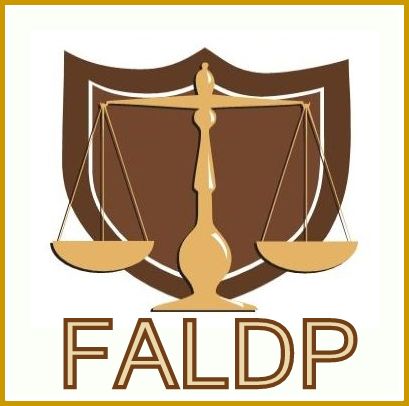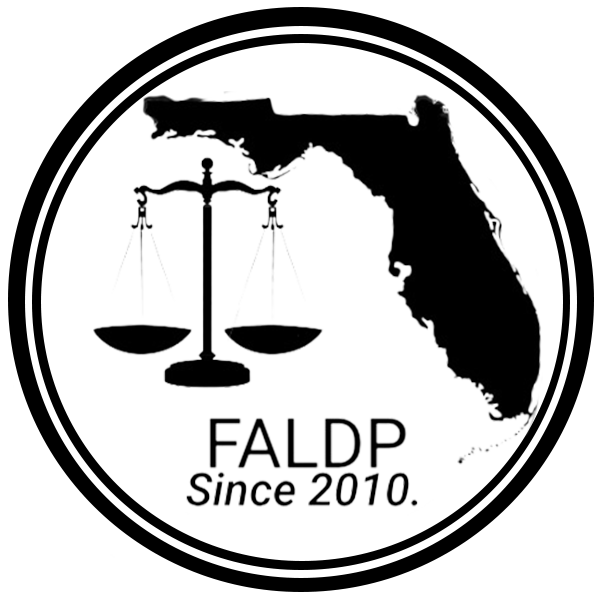800-515-0496
Landlord/ Tenant

Florida landlords and tenants both have equally important rights and responsibilities. To the landlord, the rental unit or units, is an asset. Landlords have rental property so that they either have positive cash flow over and above their expenses, or they expect to sell the property for a profit at some point in the future – or both. With the right mindset, the landlord also has the pleasure of knowing he's providing a nice place for a person or a family to call home.
Tenants come in all shapes and sizes and from all demographic groups. Some tenants rent because they simply cannot afford to buy their own home; others have never considered buying their own home; and still others have downsized to the point where they prefer the convenience of renting.
In a nutshell, the landlord has the right to expect the tenant to follow the rules of the lease or rental agreement; pay the rent in full and on time; and respect the landlord's property. Along with those general rights, the landlord has the responsibility to maintain the dwelling, and respect the tenant's privacy. Tenants have the right to live in a habitable environment, the right to expect the landlord to maintain the dwelling, and the right to quiet enjoyment of the rental property. Among other things, tenants have the responsibility to pay the rent in full and on time, to report maintenance issues promptly, and to abide by all conditions of the lease or rental agreement.
The best way to establish a good landlord/ tenant relationship is to create a positive relationship right from the beginning. Both tenants and landlords should screen the other. Tenants might want to know whether the landlord is hands on, collects the rent personally, whether the landlord does his own maintenance, whether there is a rental company or manager involved, and also may want to know how many other rental properties the landlord owns, and how long the landlord has been a landlord. Landlords might want to know about the tenant's background, including rental history, credit history, and criminal history if any. Historic behavior is generally a good indicator of future behavior. Most landlords also want to know about the tenant's current employment, how long on the job, job title, and income.
All of these questions should be asked and answered before any money changes hands, and before the lease is signed. Open and honest communication between tenant and landlord is the key to a long and happy rental relationship. We encourage landlords and tenants to educate themselves about their mutual rights and responsibilities.
Many of our members offer document preparation for eviction for nonpayment of rent and to recover damages. The Florida Bar publishes a full set of landlord/ tenant forms and many of the clerks of court sites have local forms available for download.
A summary of step by step eviction process is below. In Florida there is no defense for nonpayment of rent.
Three Day Notice - Step One
The first step in the eviction process is the posting or delivery of a "Three Day Notice to Pay or Quit".
83.56 Termination of rental agreement.—
"(4) The delivery of the written notices ... shall be by mailing or delivery of a true copy thereof or, if the tenant is absent from the premises, by leaving a copy thereof at the residence."
It is customary to hand deliver the "Three Day Notice to Pay or Quit" directly to the tenant. If the tenant is not home, it is acceptable practice to post the notice on the front door. Delivery by certified mail is also an acceptable delivery method. To count three days, begin counting the day after the Three Day notice was delivered, and exclude holidays and weekends. So if the Three Day notice was delivered on Wednesday, Thursday is day one, Friday is Day two, and Monday is day three.
Complaint & Summons - Step Two
After the three days has passed and the tenant has neither paid the rent nor left the premises, a Complaint for Eviction and a Summons are prepared.
Complaint for Eviction: The landlord must file with the clerk of court the original Complaint and a copy of the Complaint for each tenant. A copy of the Three-Day Notice and a copy of the lease, are attached to each filed complaint. The Complaint must either be signed in the presence of a deputy clerk or notarized.
Summons: After the Complaint is filed and the fee paid, the Clerk will issue an Eviction Summons/Residential. A copy of the Complaint, three-day notice, and lease (if one exists) needs to be attached to the complaint. The Complaint and attached Three Day Notice is personally served on each adult tenant whether or not each tenant residing there is a signor on the lease or rental agreement. The complaint cannot be posted on the door as a Three Day Notice can. It must be personally served by a County Sheriff or private process server.
Answer or Default - Step Three
Answer: The tenant has five days (not including Saturdays, Sundays and holidays) to answer the Complaint. If an Answer is filed and the rental payment is deposited with the clerk of court, the next step is to schedule a hearing. It is the tenant's duty to file the rent with the clerk of court, however many tenants don't do this, and many judges overlook that neglect.
Default: If the tenant does not answer the Complaint, the landlord files a Motion for Default. The goal is to obtain a Final Judgment for Possession and a Writ of Possession.

The Clerk enters a Default five days after the tenant was successfully served, but did not answer. Upon the default being entered by the Clerk, the Judge will then review the file and enter the Final Judgment for Possession and direct the Clerk to issue the Writ of Possession.
Most evictions for nonpayment never go to a court hearing. In Florida it is difficult to defend against an eviction for nonpayment of rent. A tenant's best possible argument is that he is withholding rent due to the landlord's failure to comply with the terms of the lease. Usually a tenant argues that there are necessary repairs that the landlord has failed to perform. If that is the case, it is within a tenant's rights to make the repairs and deduct the cost from the rent. As an alternative, the tenant may deposit the withheld rent into the court depository. A tenant may also argue that he doesn't owe the rent, that it has already been paid, or that the landlord is suing for an incorrect amount.
Take Possession - Step Four
Writ of Possession: After the judge has signed the Writ of Possession it is forwarded to the Sheriff's Department for delivery to the tenant. The Writ demands that the tenant leave the premises within 24 hours. The sheriffs return to the property after the 24 hours has passed to evict the tenants. Most landlords change the locks immediately after taking possession of the property.
Landlord Resources
Our online course "Becoming a Successful Landlord" is available for any and all interested parties. You do not have to be an FALDP member to take our courses. We hope it will help you overcome some of the daily challenges inherent in your calling.
If you need help - that's what we're here for. Our document preparers can prepare all the forms you need, as needed.
You May Also Like:
Landlord/Tenant Questions and Answers - from our Ask the Members forum.
Copyright 2010-2025 ~ All rights reserved.
